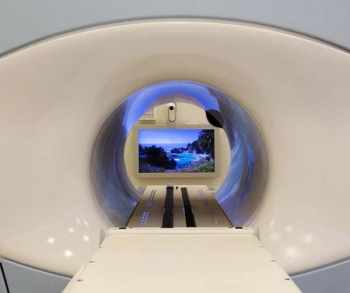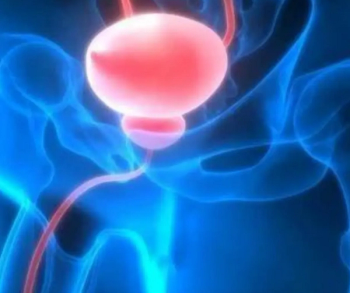
In a recent interview, Bridget Koontz, M.D., discussed the capability of the PET imaging agent 18F-flotufolastat for diagnosing post-prostatectomy recurrence of prostate cancer in patients with PSA values less than 1 ng/mL, based on research presented at the American Society for Radiation Oncology (ASTRO) conference.





